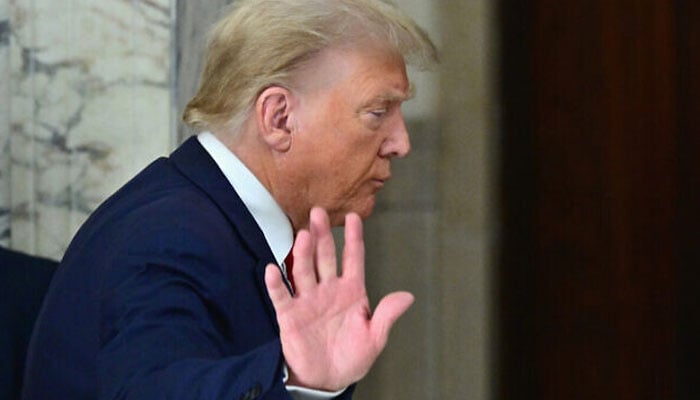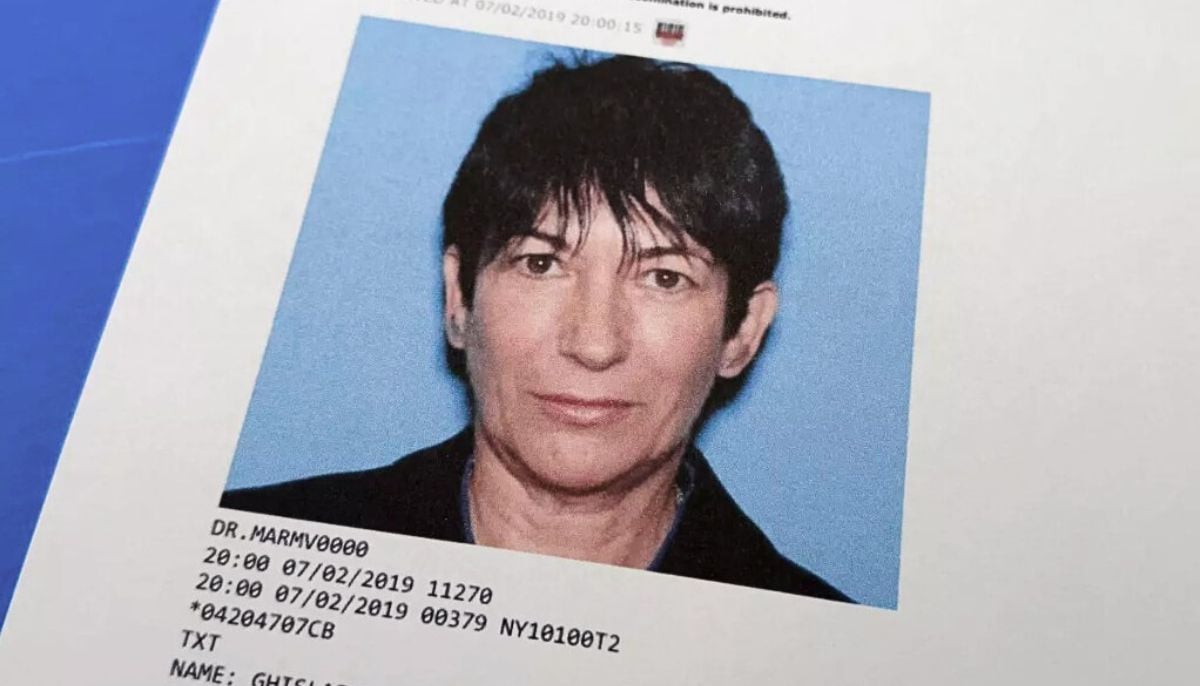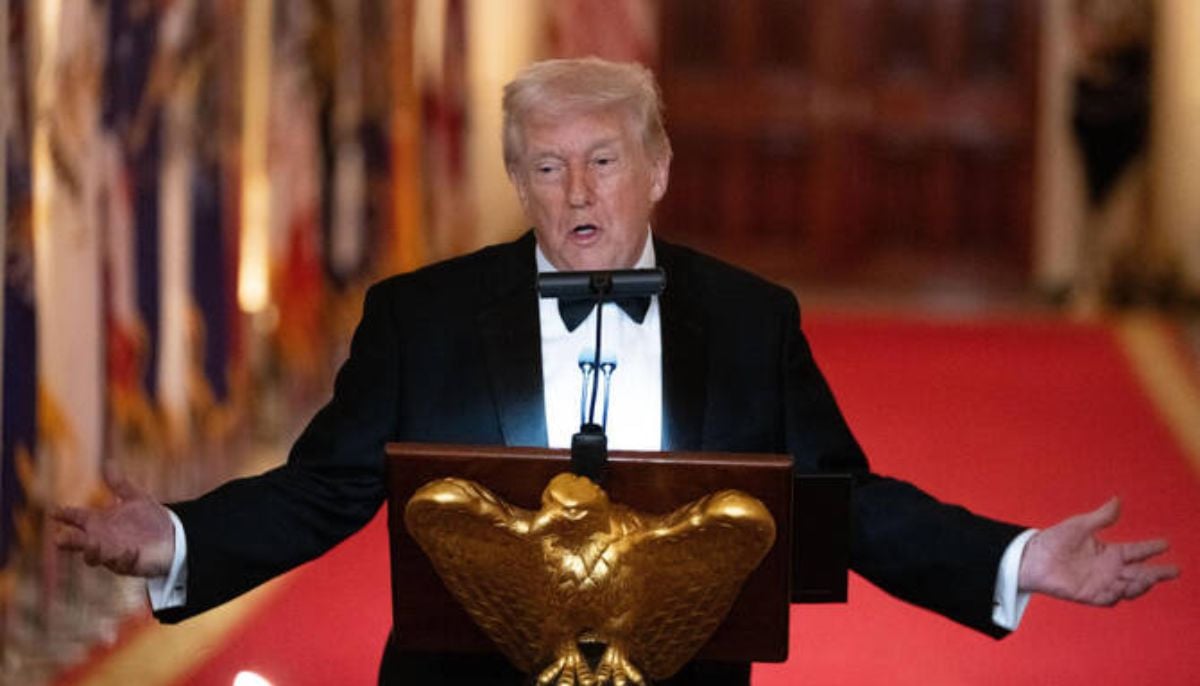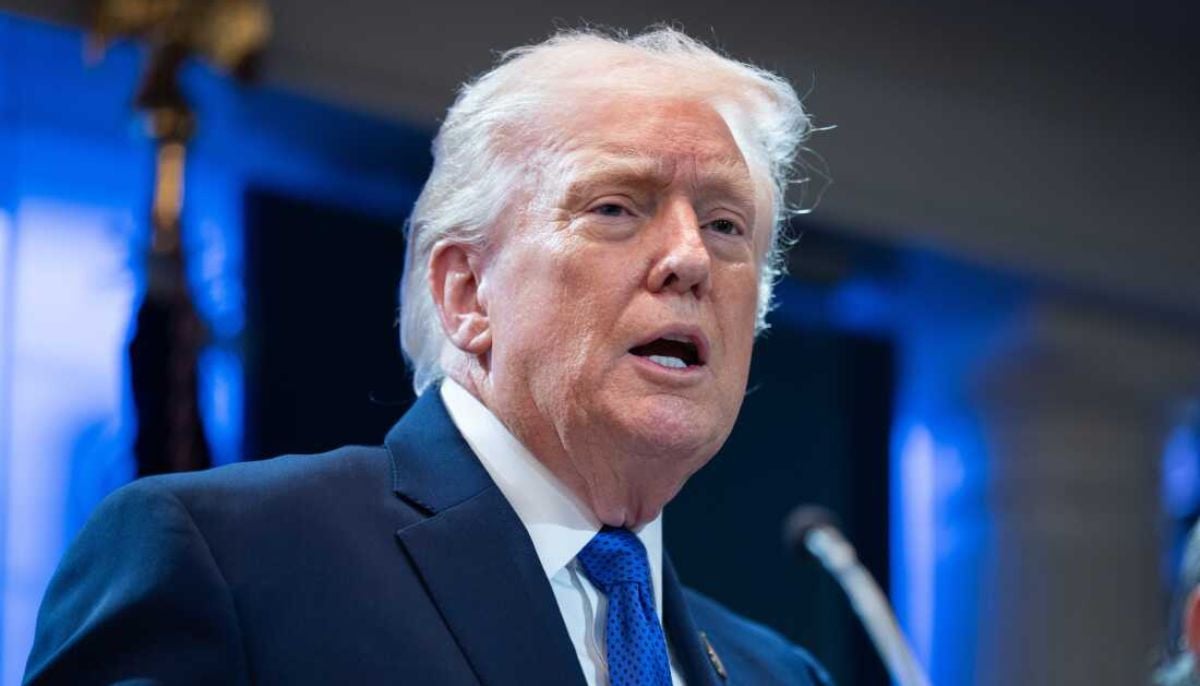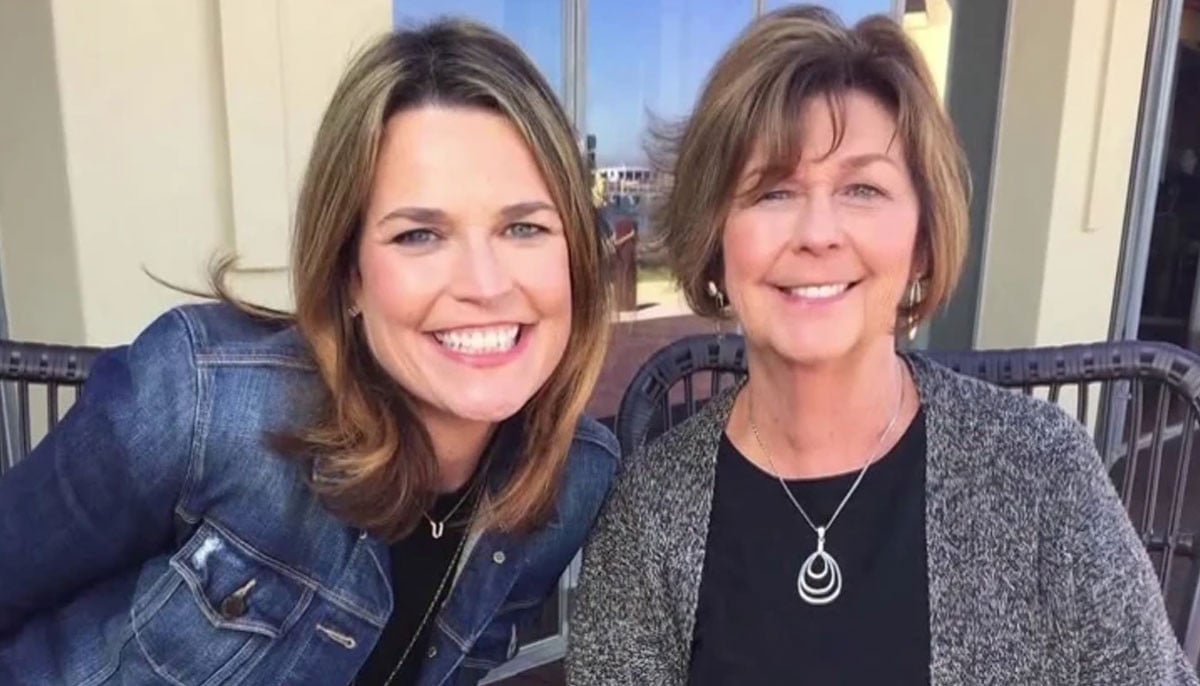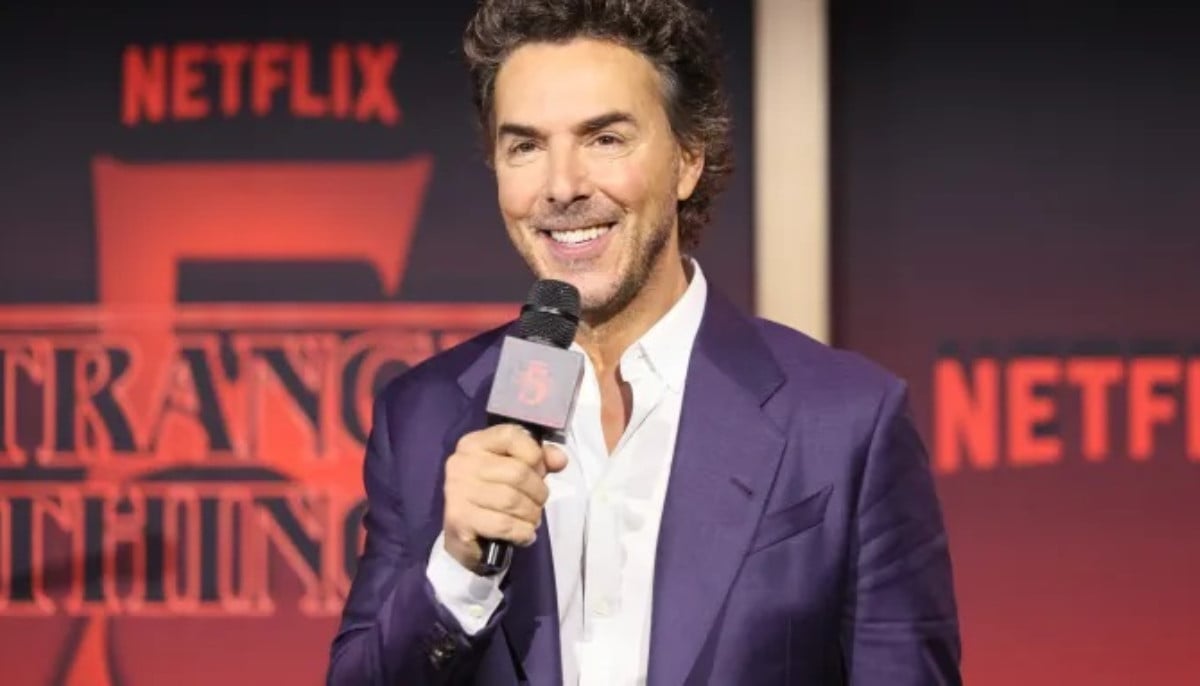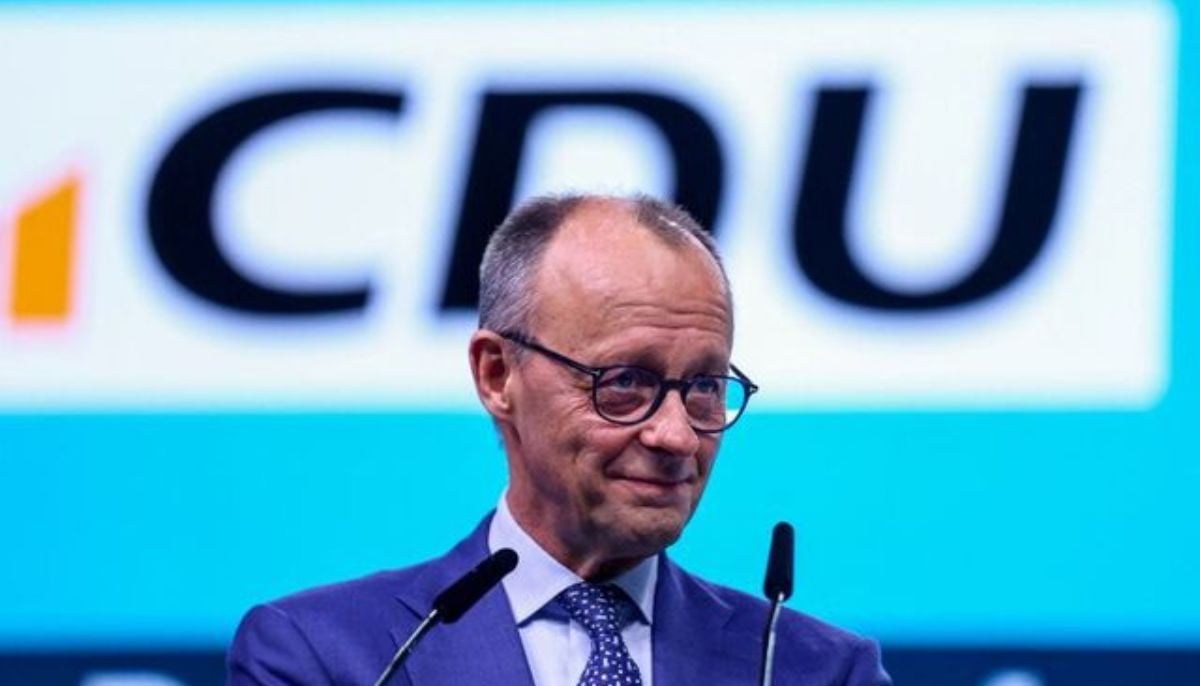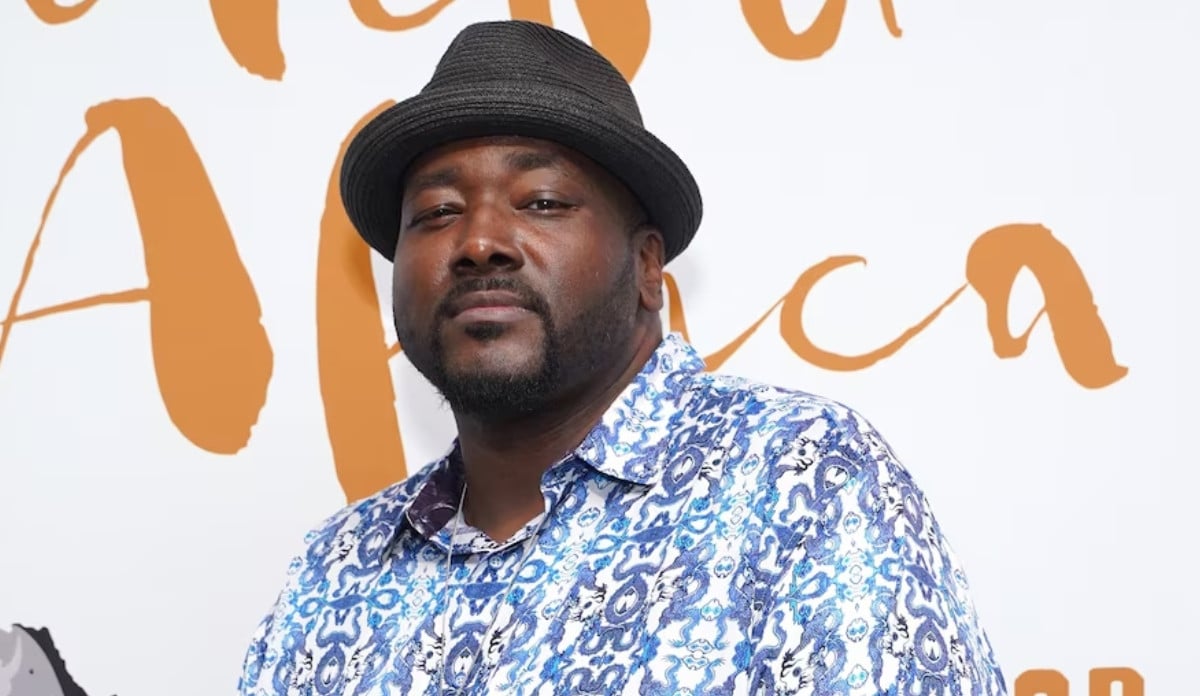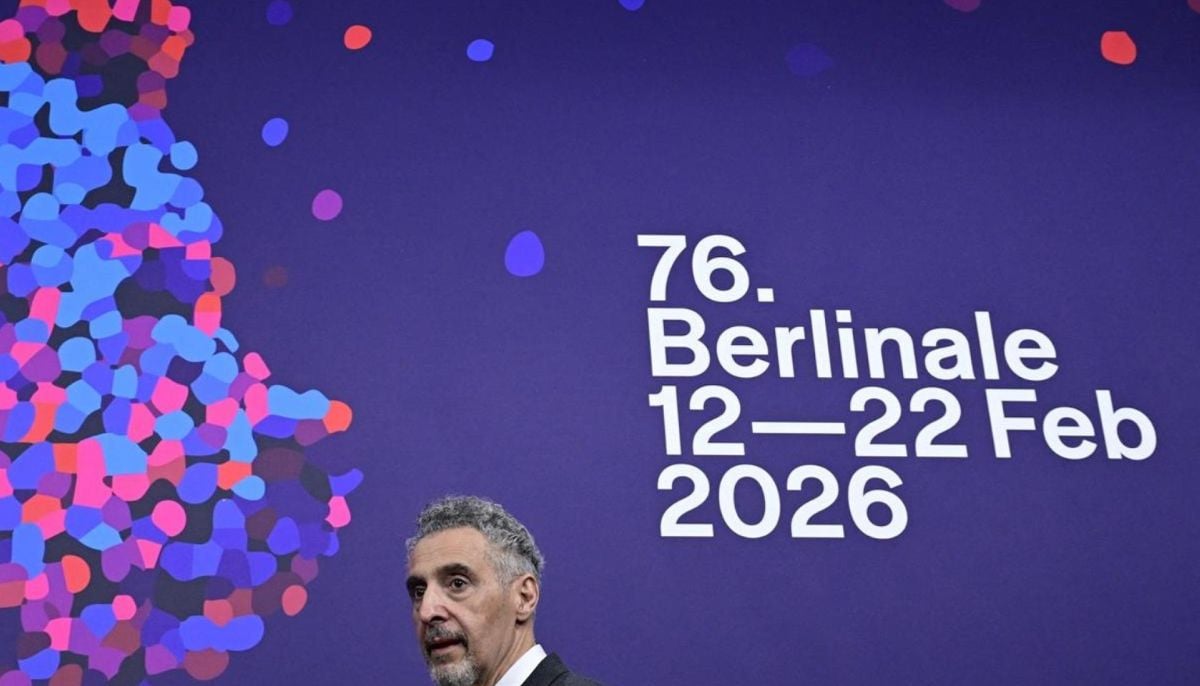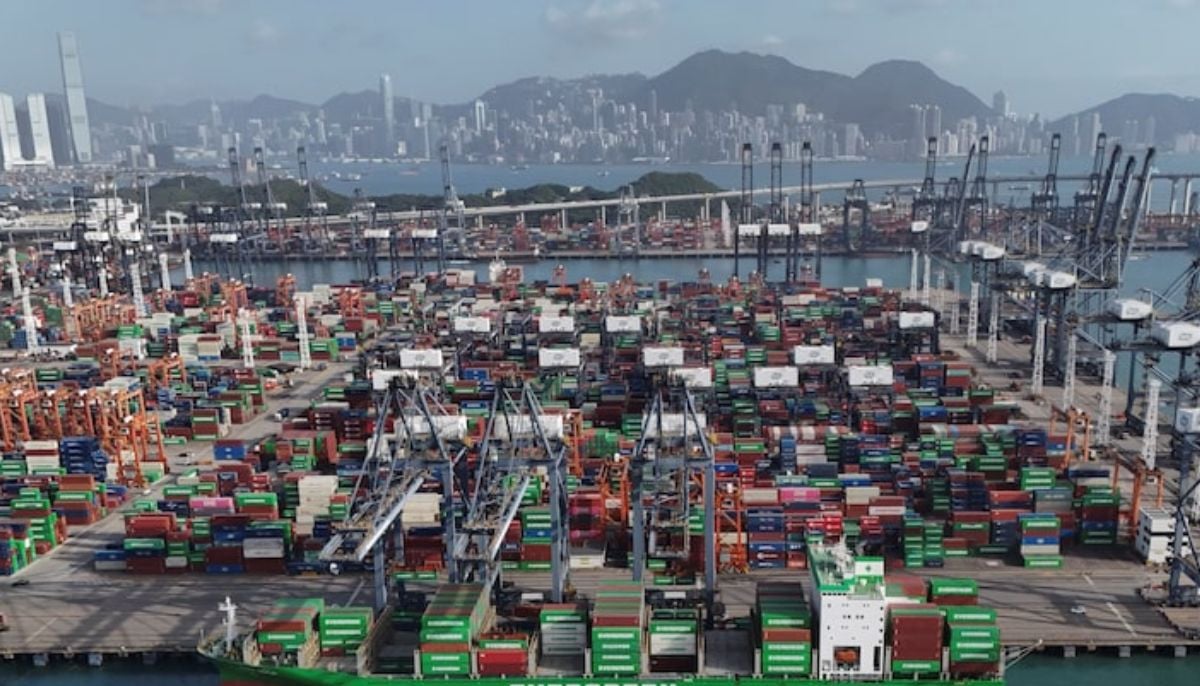Trump's legal fight intensifies as Supreme Court set to rule on his immunity claims
Trump appealed to Supreme Court, seeking a shield from criminal liability, and asked top court to put its decision on hold
The Supreme Court, with its 6-3 conservative majority, has decided to tackle the pivotal question of whether former President Donald Trump is immune from prosecution regarding attempts to overturn the 2020 election results.
The decision marks a significant moment as it is the first time the highest court is delving into such a case.
The legal dispute arose when a US Court of Appeals panel rejected Trump's argument of presidential immunity, stating that a president does not possess unbounded authority to commit acts that would compromise the democratic process. The court ruled unanimously: "We cannot accept former President Trump's claim that a president has unbounded authority to commit crimes that would neutralise the most fundamental check on executive power - the recognition and implementation of election results."
In response, Trump appealed the case to the Supreme Court, seeking a shield from criminal liability, and asked the top court to put its decision on hold.
The 77-year-old former president faces charges of witness tampering and conspiracy to defraud the US, related to his efforts to overturn the 2020 election. The trial, initially scheduled for March, now faces a delay as the Supreme Court has slated arguments for the week of April 22.
As Trump navigates a series of federal and state criminal charges, including a trial in late March over falsifying business records, the legal battleground intensifies. Throughout, Trump has consistently proclaimed his innocence, denouncing the charges as political "witch hunts."
The Supreme Court's decision not only impacts Trump's immediate legal battles but also holds broader implications, with a separate case exploring whether he can be disqualified from seeking a second term under the 14th Amendment's "insurrection ban."
Meantime, the apex court is also hearing arguments in a separate case on plea seeking Trump's disqualification from running for a second term under the 14th Amendment's "insurrection ban."
-
Shawn Levy recalls learning key comedy tactic in 'The Pink Panther'
-
Sarah Pidgeon explains key to portraying Carolyn Bessette Kennedy
-
Inside Nicole 'Snooki' Polizzi's 'private' marriage with husband Jionni LaValle amid health scare
-
Germany’s ruling coalition backs social media ban for children under 14
-
Quinton Aaron reveals why he does not want to speak to wife Margarita ever again
-
Why Mikaela Shiffrin celebrated Olympic Gold with Taylor Swift song?
-
Political tensions steal spotlight at Berlin Film Festival closing ceremony
-
Hong Kong touts stability,unique trade advantages as Trump’s global tariff sparks market volatility
